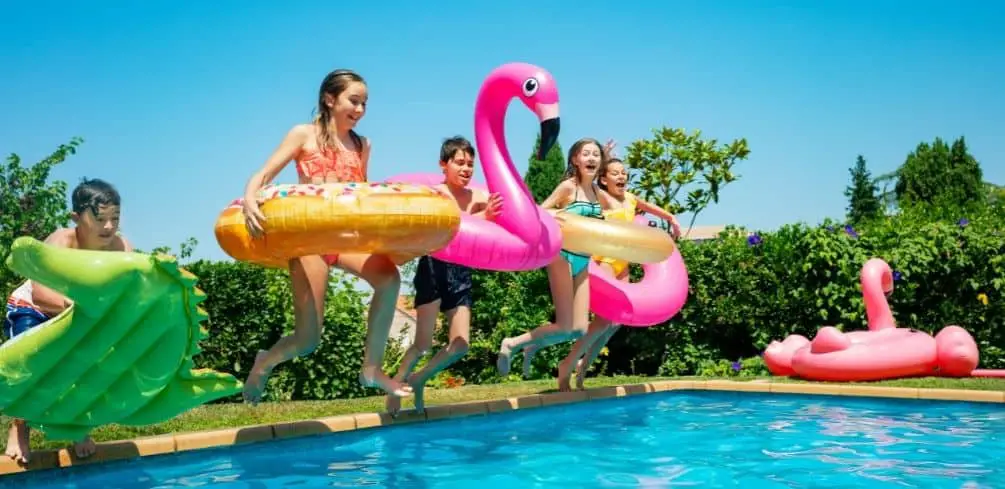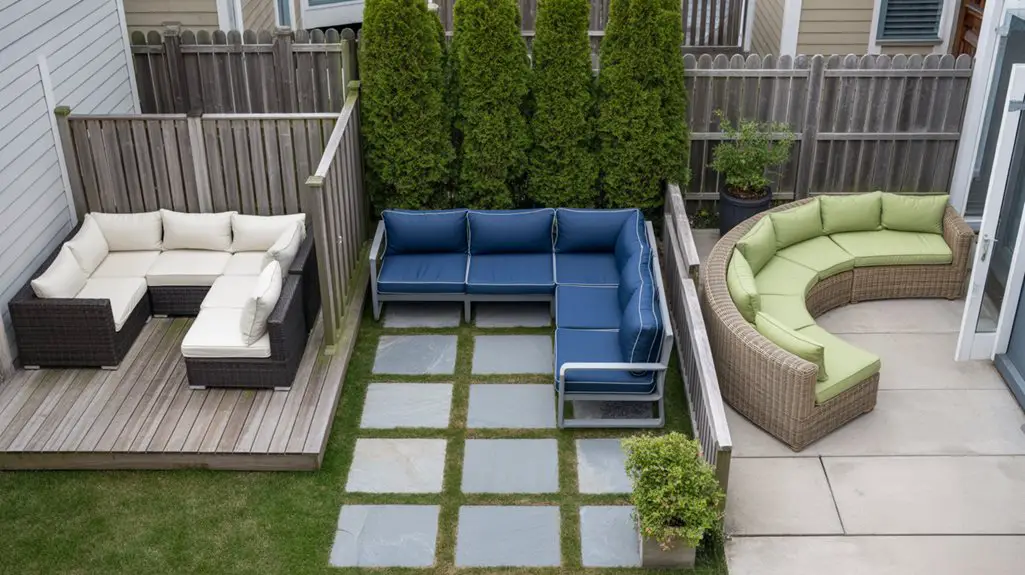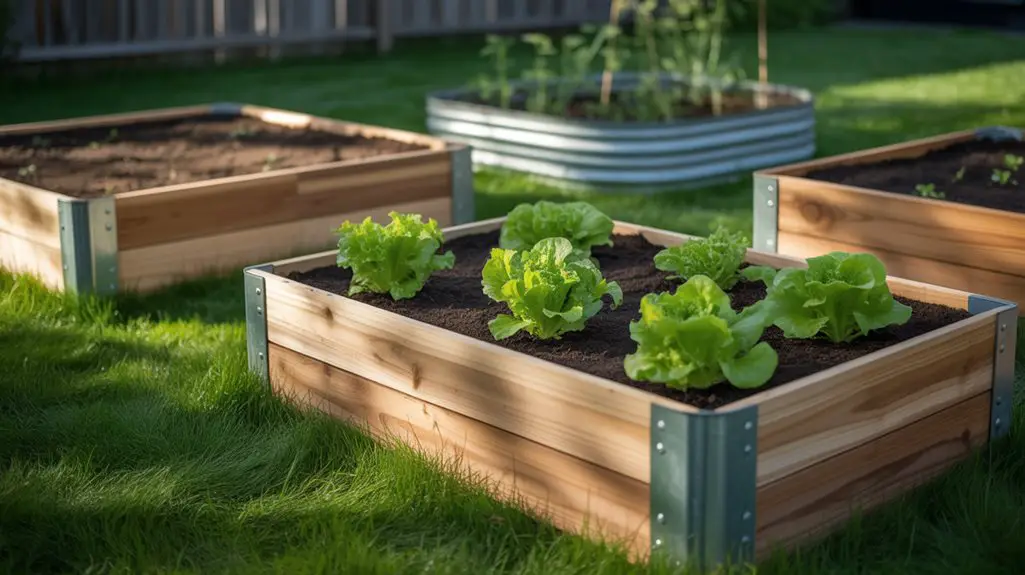Inflatable pools are popular among many homeowners because they are a cost-effective way to cool off during the summer months. However, what happens to them when they are no longer needed? Are they recyclable?
Yes. Most inflatable pools are made from PVC, a recyclable material. However, you should check with your local recycling center to see if they accept PVC products. By recycling your inflatable pool, you can help reduce the amount of waste in landfills each year. So, next time you’re finished using your inflatable pool for the season, recycle it.
What is an Inflatable Pool?
An inflatable pool is a temporary swimming pool set up in your backyard or another outdoor area. They are typically made from PVC and have a pump that inflates the pool.
Once inflated, you can fill the pool with water and enjoy a swim.
Inflatable pools are a great way to cool off during the summer months without spending a lot of money on a permanent pool. They are also easy to set up and takedown, which makes them ideal for people who don’t want the hassle of a traditional pool.
So, if you’re looking for an affordable and convenient way to enjoy some time in the water this summer, an inflatable pool may be the perfect option for you. Just be sure to recycle it when you’re finished using it!
The Benefits of Recycling Inflatable Pools
There are many benefits to recycling your inflatable pool, including:
- It helps preserve our natural resources – Recycling helps conserve the earth’s natural resources by reducing the need to extract new materials from the earth.
- It reduces pollution – Inflatable pools are made of PVC, a type of plastic that can take centuries to degrade. By recycling the pool, you can help ensure that it will be properly disposed of and won’t take up space in a landfill. It also reduces the pollution created when new materials are mined and manufactured.
- It saves energy – It takes less energy to recycle materials than it does to produce new materials from scratch. This helps to conserve our energy resources and reduce greenhouse gas emissions.
- It creates jobs – Recycling creates jobs in the manufacturing and construction industries. This helps boost the economy and provides employment opportunities for people in these industries.
So, recycling your inflatable pool is good for the environment, but it’s also good for the economy!
How to Recycle Your Inflatable Pool
Now that you know inflatable pools are recyclable, you’re probably wondering how to go about recycling yours. Here are a few tips:
1. When recycling your pool, be sure to remove all metal fixtures and dispose of them properly. You should also deflate the pool and fold it up to take up less space in the recycle bin.
2. The next thing is to take it to your local recycling center. Many centers accept PVC products. However, check with them before dropping off your pool to see if they have any specific requirements for recycling inflatable pools. You can also contact your municipality to find out where you can recycle PVC products.
3. Finally, be sure to dispose of any remaining chemicals properly. Never pour them down the drain or into the ground.
By following these simple steps, you can help reduce waste in landfills and conserve our natural resources.
How Long Do Inflatable Pools Last?
Inflatable pools are designed to be temporary swimming pools that can be set up and taken down as needed. The average inflatable pool will last for about five years, depending on how often it is used and how well it is cared for.
The key to prolonging the life of an inflatable pool is to avoid punctures and leaks. Be careful when setting up the pool to avoid sharp objects that could puncture the material.
Also, regularly check the seams and patches for any signs of wear or leakage. An inflatable pool can provide years of enjoyment for the whole family with proper care.
Signs It’s Time to Replace Your Inflatable Pool
Even with proper care, inflatable pools will only last for a few years before they need to be replaced. There are a few signs that it’s time to get a new pool:
Wear and tear – Look for signs such as holes, cracks, or weak spots in the material. Also, check for leaks regularly; if you notice that your pool is losing air more quickly than usual, it may be time for a replacement.
Inflation problems – If you notice that your inflatable pool is starting to lose air more quickly than usual, it may be time to replace it. There are a few different reasons why this could be happening.
First, the material of the pool may be worn out and no longer able to hold air as well as it used to. Or, there could be a leak in the pool that allows air to escape.
Regardless of the reason, if you notice inflation problems with your inflatable pool, it’s time to get a new one.
Fading – The UV rays from the sun can cause the material of an inflatable pool to fade and become brittle over time. If you notice that your pool is starting to fade, it’s probably time for a replacement.
The seams are coming apart – If the seams of your inflatable pool are starting to come apart, it’s time to get a new one. This is a sign that the material is no longer as strong as it used to be and is at risk of rupturing.
Conclusion
Inflatable pools are a fun and convenient way to enjoy a summer swim, but what happens when they reach the end of their life? Fortunately, most inflatable pools are made from PVC, a type of plastic that is highly recyclable.
PVC can be recycled into various products, including flooring, pipes, and even clothing. However, it’s important to note that not all recycling facilities accept inflatable pools.
Therefore, be sure to check with your local recycling center to see if they have the capability to recycle PVC. With a bit of effort, you can help ensure that your inflatable pool has a green afterlife.
Please be careful and use at your own risk
None of the authors, contributors, administrators, or anyone else connected with BestPlaygroundSets, in any way whatsoever, can be responsible for your use of the information contained in or linked from these web pages.




